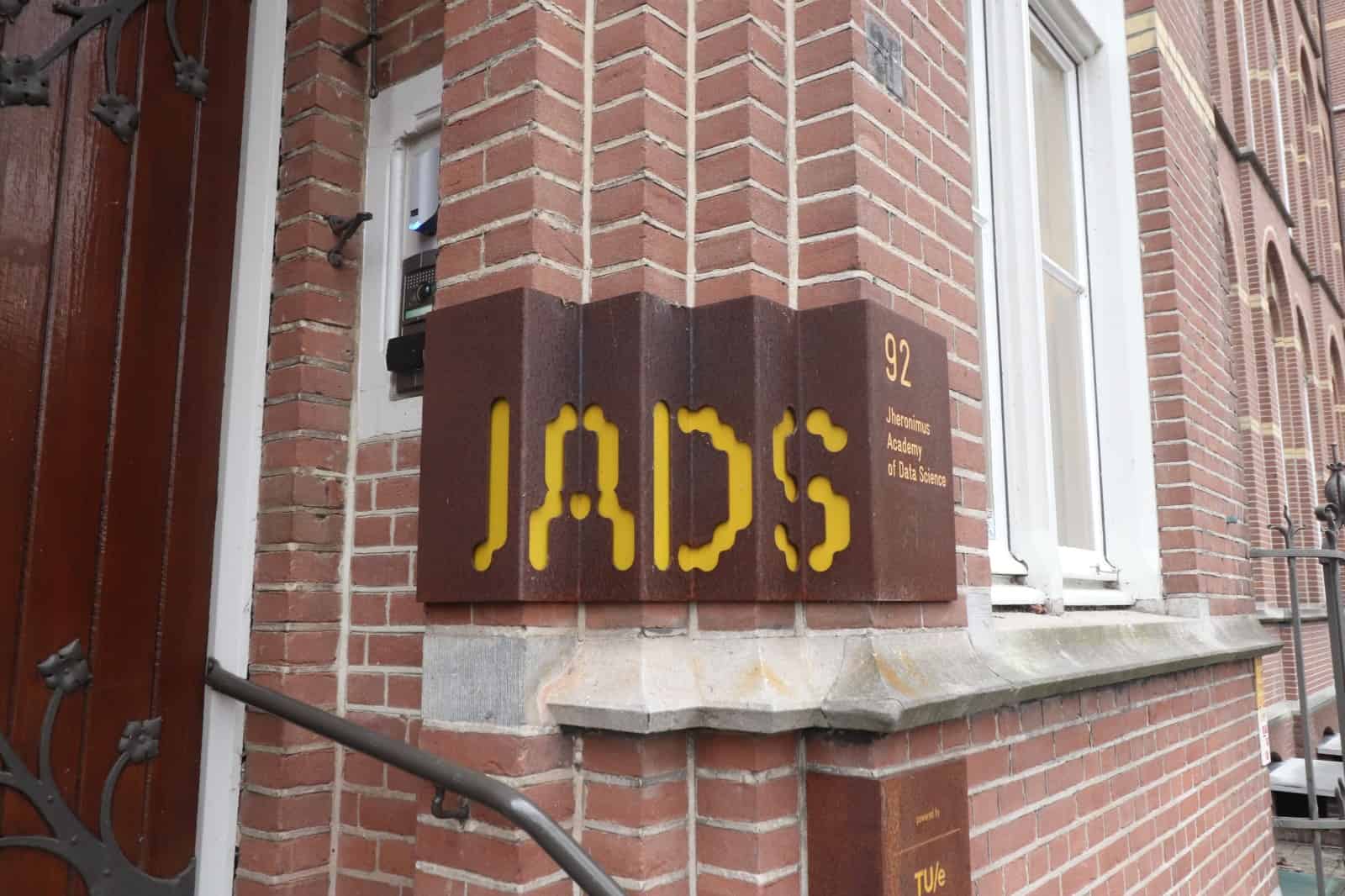
We wrote about it before; despite the Netherlands’ strong position in deep-tech research, the impact of spin-offs lags behind other European countries. Spin-off companies from Dutch universities and university medical centers remain small, and their impact is limited. 80 percent of all 745 Dutch spin-offs ever established are still active. But, after 10 years, only 48 per cent have more than 10 employees. The potential is there, but growth is slow.
Davide Iannuzzi is Chief Impact Officer at the Vrije University of Amsterdam (VU Amsterdam), a physics professor, and an entrepreneur. IO asked him: what do we need to change this?
- Dutch university spin-offs relatively often remain small and have limited impact compared to other European countries;
- Academics who are successful entrepreneurs share three characteristics: a good idea, the courage to take risks and a business partner;
- Scientists need to develop a new mindset in which they think in terms of opportunities instead of risks, and the ecosystem around spin-offs needs to be revamped.
A good idea, risk-taking, and a business partner
“When I look at spin-offs that do well, they have three elements in common: a good idea that solves a (possibly latent) problem, the scientist in question is open to listening, dares to take risks and engages a partner responsible for the business side.”
The physicist co-founded Optics 11; a high-tech company developing advanced measurement solutions based on optical fibers.
“In 2006, for my research in quantum physics, I needed a device that could measure very accurately. I came up with a way to develop sensors based on optical fibers. In 2011, it was ready for the market. At least, that’s what I thought,” Iannuzzi smiles. The device he developed was extremely small (one tenth of a millimeter in diameter). In the scientific community, it was met with praise; Iannuzzi won several awards with it. But, producing such a small device on a large scale proved extremely expensive.
Iannuzzi met Hans Brouwer, who became co-founder of Optics11. Brouwer had much experience bringing high-tech products to market. Talking to potential customers, the team realized that the device needed to be cheaper (and thus larger). At first, Iannuzzi did not want to hear about it; he was convinced that the small size was the unique selling point.

‘My invention is perfect; everyone wants it’
“It is a classic example that shows how scientists think about their product or technology. ‘I invented this; it’s perfect; everyone will want to buy it.’ In most cases, this is not true at all. Academics think in terms of ideas, not products. With ideas, you can write papers, speak at conferences, and draw all the attention to yourself. That way, academics build a niche for themselves. Entrepreneurship works very differently.”
Thanks to Brouwer’s long standing experience, though, the larger devices started to gain traction and quickly outperformed the small sensors. It proved to be the key step. Today, Optics 11 has approximately a hundred employees on its payroll. It is, therefore, the first piece of advice Iannuzzi gives scientists: find a partner who understands business and give that person room to influence the decision-making process.
Risk versus opportunity
A second pitfall for scientists entering the entrepreneurial field is that they see risk in everything, Iannuzzi believes. “This is how we are trained. Regarding time, money, and reputation: we see bears everywhere. You have to perform, publish, teach well, and speak at conferences; science is a hierarchical system in which failure is a terrible thing. Then you automatically start thinking from risks, whereas as an entrepreneur, you have to think about opportunities.”
New mindset, business partners, and making an impact
Theoretical feats by academics in the Netherlands are plentiful. It is mainly the mindset of academics and those business partners that need to be addressed, Iannuzzi thinks. “We need business leaders with a technical background and academics with an open mindset, who are easy to coach and think from opportunities.”
The Chief Impact Officer believes that the ecosystem within which spin-offs operate also needs to change; start-ups should not be suffocated before they have even started. He thinks the new deal terms are a good starting point, although there is still a long way to go. “We have to realize that the return on investment does not always come back to the university one-to-one. Universities should want to spawn spin-offs because they provide innovation, new products, and employment, and not ask their Knowledge Transfer Office (KTO) to close the annual balance sheet positively.”

What is success?
Many universities today have a KTO; a department that, from a commercial point of view, helps bring university intellectual property to the market. Techleap’s Jaron Weishut also mentioned the importance of these KTOs. “You can tell a KTO that they are asking for too many shares, but if that KTO has to keep its trousers up, you will automatically get KTOs asking start-ups for a lot of shares or high licensing fees.”
But who will pay for those investments if a university does not see a direct return on investments in a spin-off? Iannuzzi believes this is something universities, but also the government, need to think about. “It requires a new definition of success. Because what is success? Is it money? Or is success spawning a spin-off where a hundred people are on the payroll? A spin-out is successful when it ensures that many people use theoretical, academic knowledge to improve the world.”






